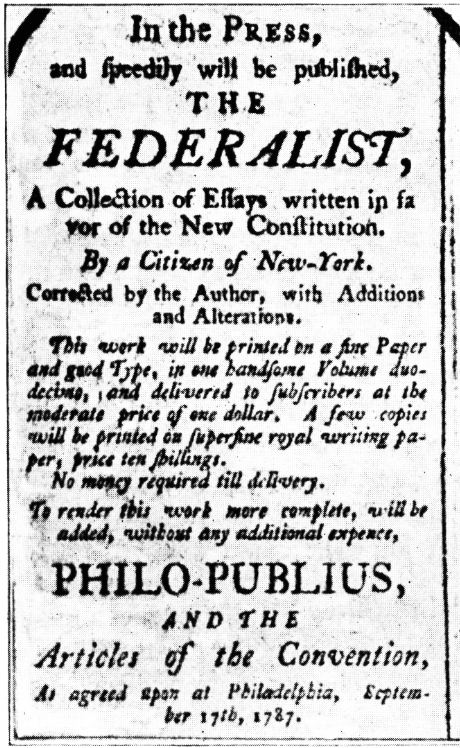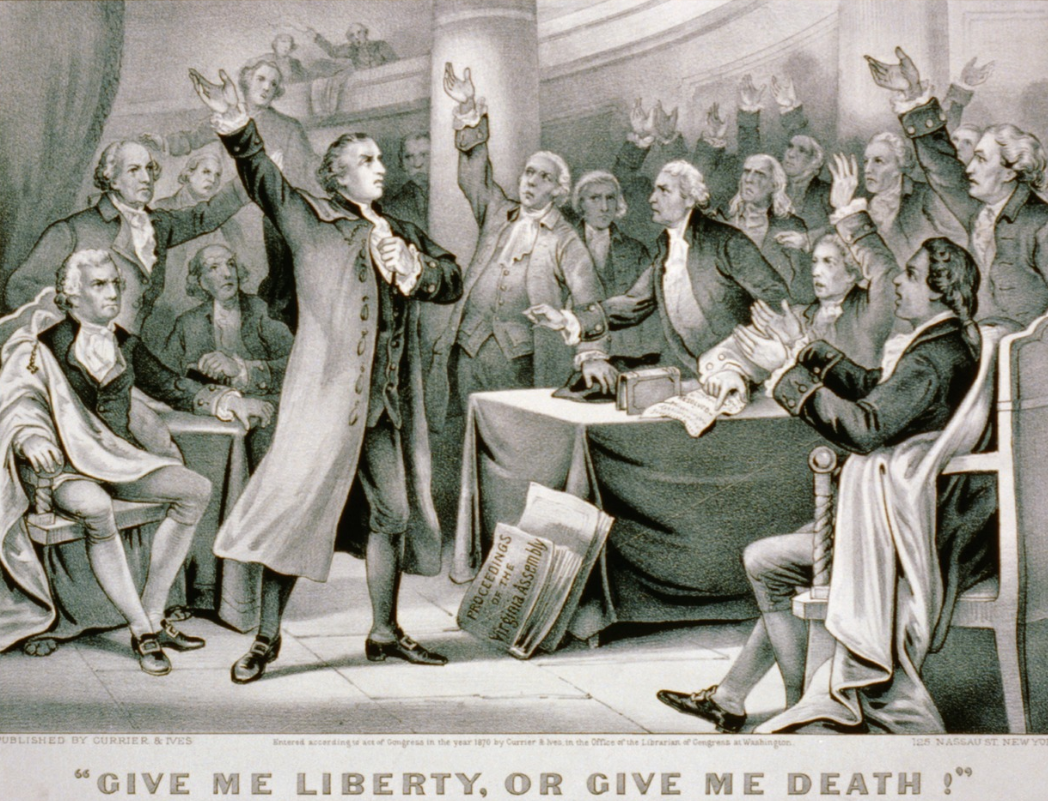Are the Constitution's Branches Really Separate? - Federalist #47
In Federalist #47, James Madison defends the Constitution against attacks claiming that the branches of government were not sufficiently separated.
Madison points out that any government will have some overlap between branches and discusses how the Constitution is an improvement in this area but, in my opinion, he overlooks the real concern of the Anti-Federalists.
Federalist #47
February 1, 1788
James Madison
In Federalist #47 James Madison responds to Anti-Federalists who claim that the Constitution does not follow the principle of Separation of Powers.
Madison vehemently disagrees with this assessment, stating that if the new Government did not have a proper Separation of Powers he would not support it either.
James proceeds to elaborate on why the Constitution is the most efficient way to go about maintaining independence for the legislative, executive and judicial branches.
Separation of Powers
As Alexander Hamilton had done before, Madison references the Enlightenment author Montesquieu several times throughout the Paper.
He suggests that the authors of the Constitution were attempting a Separation of Powers that even exceeds that theorized by Montesquieu.
Madison points out, however, that even the best governments must have some overlap between different branches.
Furthermore, James points out that none of the State Governments separate the branches as well as the Federal Government, offering several examples.
Judicial
The biggest concern regarding Separation of Powers for contemporary Anti-Federalists was that the judicial branch.
The fear was that, since it was up to the legislative branch to organize the judicial, and the executive branch to appoint the judicial, then the judges were not completely independent.
Although Madison addresses this issue by indicating that the separation of the judiciary is better than that of Great Britain, he does not linger on the topic nor does he give it, in my opinion, the full review it deserves.
It is interesting to note that 15 years later the Supreme Court case of Marbury v Madison during the Marshall Court would institute the process of judicial review. This essentially gave the judicial branch of the government its independence.
It is curious as to why this was not written into the Constitution, avoiding the need for Federalist #47 altogether.
I publish Federalist summaries every Friday.
If you’ve missed on, you can catch up here.
There are dozens (maybe hundreds) of biographies about James Madison.
Personally, I love everything Richard Brookhiser rights, so if you wanted to learn more about the 4th President I highly recommend his book.
If you’d like a copy you can get it through the Amazon affiliate link below (you’ll support this site, but don’t worry, Amazon pays me while your price stays the same).
Want to get fun American Revolution articles straight to your inbox every morning?
Subscribe to my email list here.
You can also support this site on Patreon by clicking here.
Thanks for your support!






